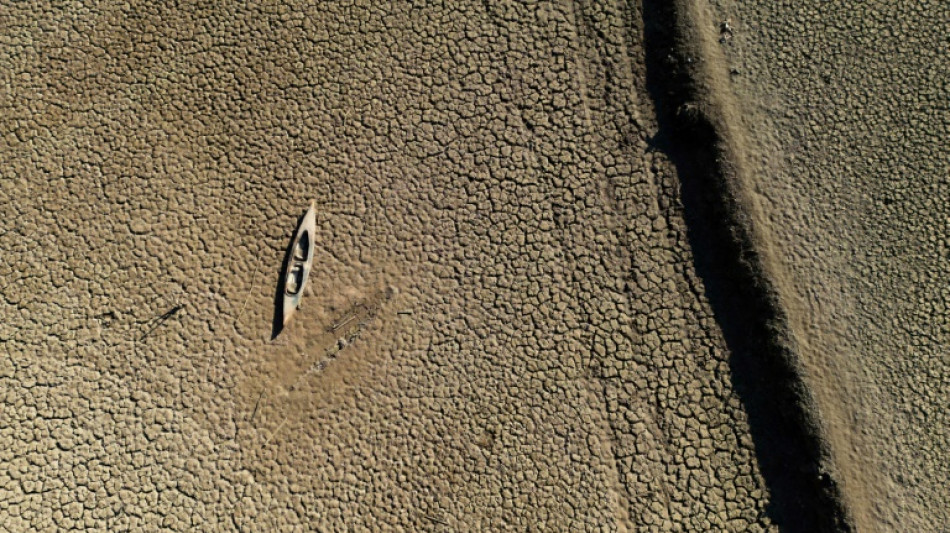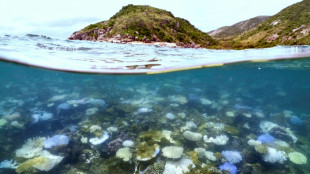

Europe must do more against 'catastrophic' climate risks: EU
Europe could suffer "catastrophic" consequences from climate change if it fails to take urgent and decisive action to adapt to risks, a new EU analysis warned Monday.
Areas in southern Europe are most at risk, the European Environment Agency (EEA) said in its first report on the risks the continent faces from climate change, driven by human burning of fossil fuels.
The dangers include fires, water shortages and their effects on agricultural production, while low-lying coastal regions face threats of flooding, erosion and saltwater intrusion.
"Many of these risks have already reached critical levels and could become catastrophic without urgent and decisive action," the agency said.
That doesn't mean northern Europe is spared the negative impact, as floods in Germany and forest fires in Sweden have demonstrated in recent years.
"Extreme heat, drought, wildfires, and flooding, as experienced in recent years, will worsen in Europe even under optimistic global warming scenarios and affect living conditions throughout the continent," the EEA warned.
"These events are the new normal," EEA director Leena Yla-Mononen told a press briefing ahead of the report's release.
"It should be the wake-up call. The final wake-up call," she added.
The report lists 36 risks related to climate in Europe, 21 of which demand more immediate action and eight were "particularly urgent."
At the top of the list were risks to ecosystems, mainly relating to coastal and marine ones.
- Heatwaves -
For instance, the combination of heat waves as well as acidification and oxygen depletion of the seas and other human-caused factors such as pollution and eutrophication -- meaning an excess of nutrients which collapses aquatic ecosystems -- as well as fishing threaten marine ecosystems, the report noted.
"This can result in substantial biodiversity loss, including mass mortality events, and declines in ecosystem services," it said.
Hans-Martin Fussel, an expert on climate impacts at the EEA, pointed to specifically to the risk of recurring heatwaves, which can pose direct health risks and a threat to ecosystems.
"Often in Europe, they're combined with droughts. And this is a dangerous combination for infrastructure, for water supply," Fussel told AFP.
European governments and populations should unanimously recognise the risks and make it a priority to do more, faster, to prepare for them, according to the EEA.
"We need to do more, to have stronger policies," Yla-Mononen stressed.
Despite the alarm, the agency also acknowledged "considerable progress" made "in understanding the climate risks they are facing and preparing for them" among member states.
"However, implementing effective actions may have been hampered by things such as competing priorities, unclear risk ownership or insufficient investment funds," Fussel said.
On Tuesday, the European Commission is due to publish a report on climate risks in the EU.
"The timing is not a coincidence; indeed, we worked under considerable pressure to have our work finished as an input to their communication," Fussel said.
D.Adrovic--LiLuX



